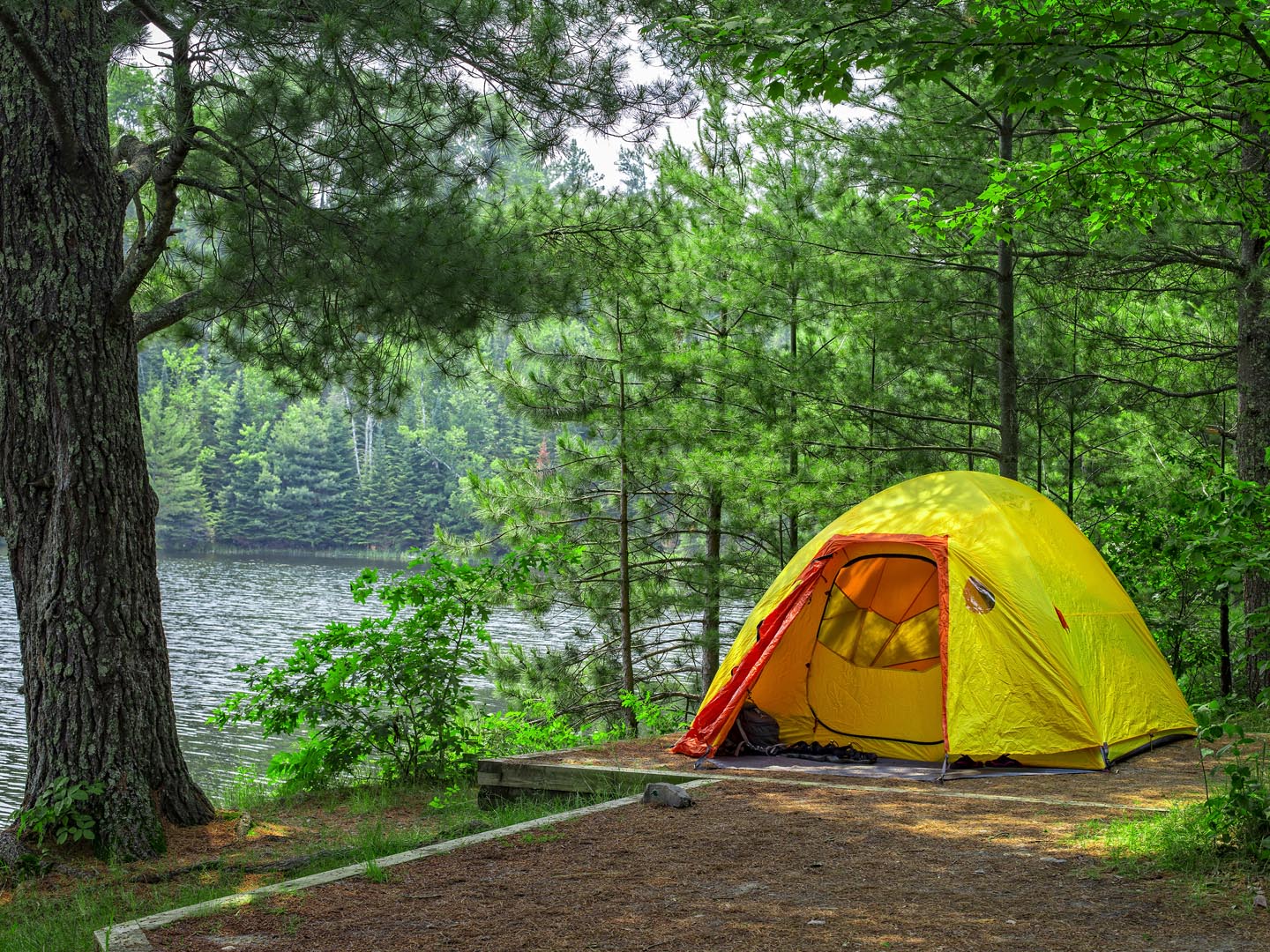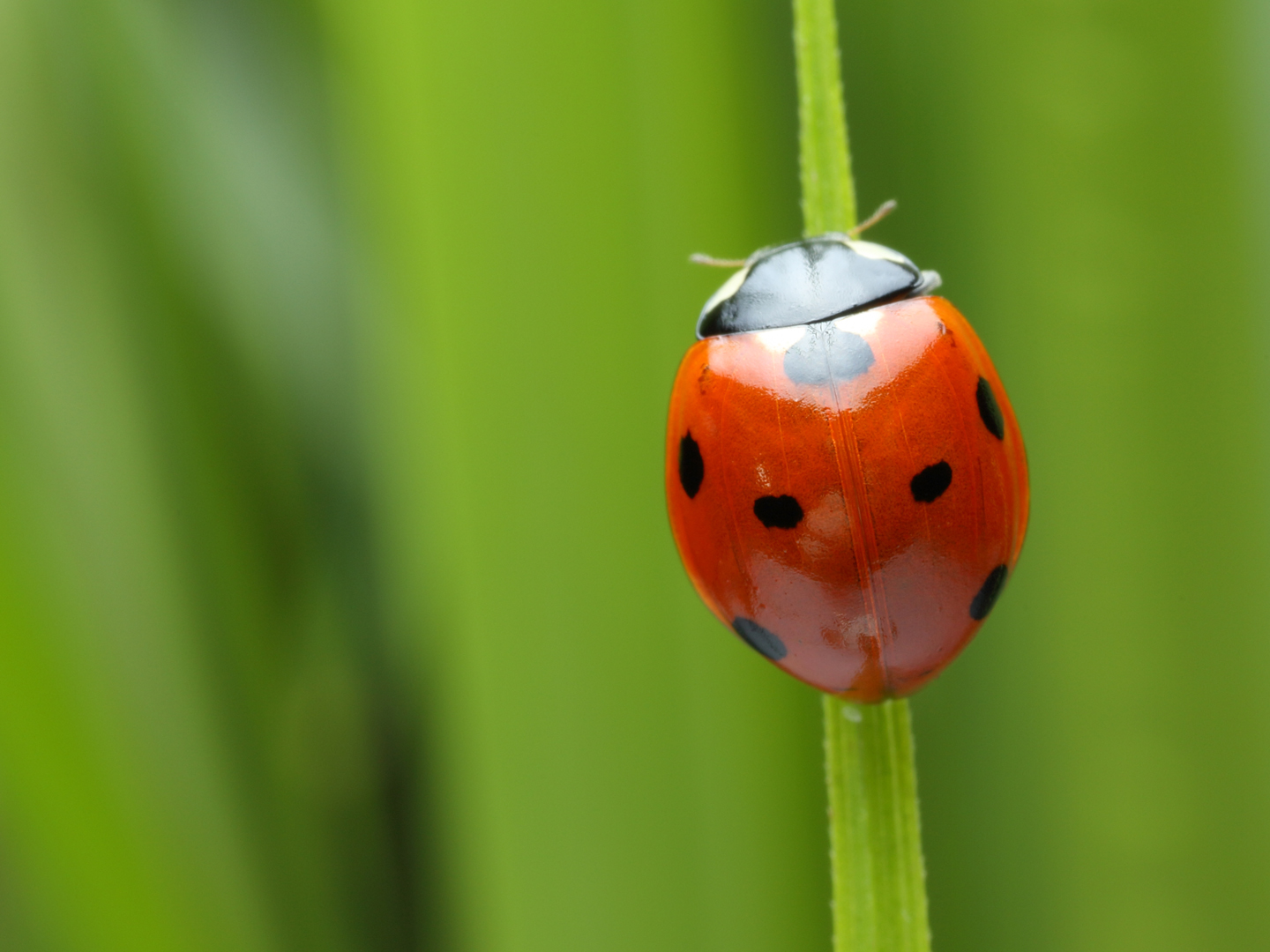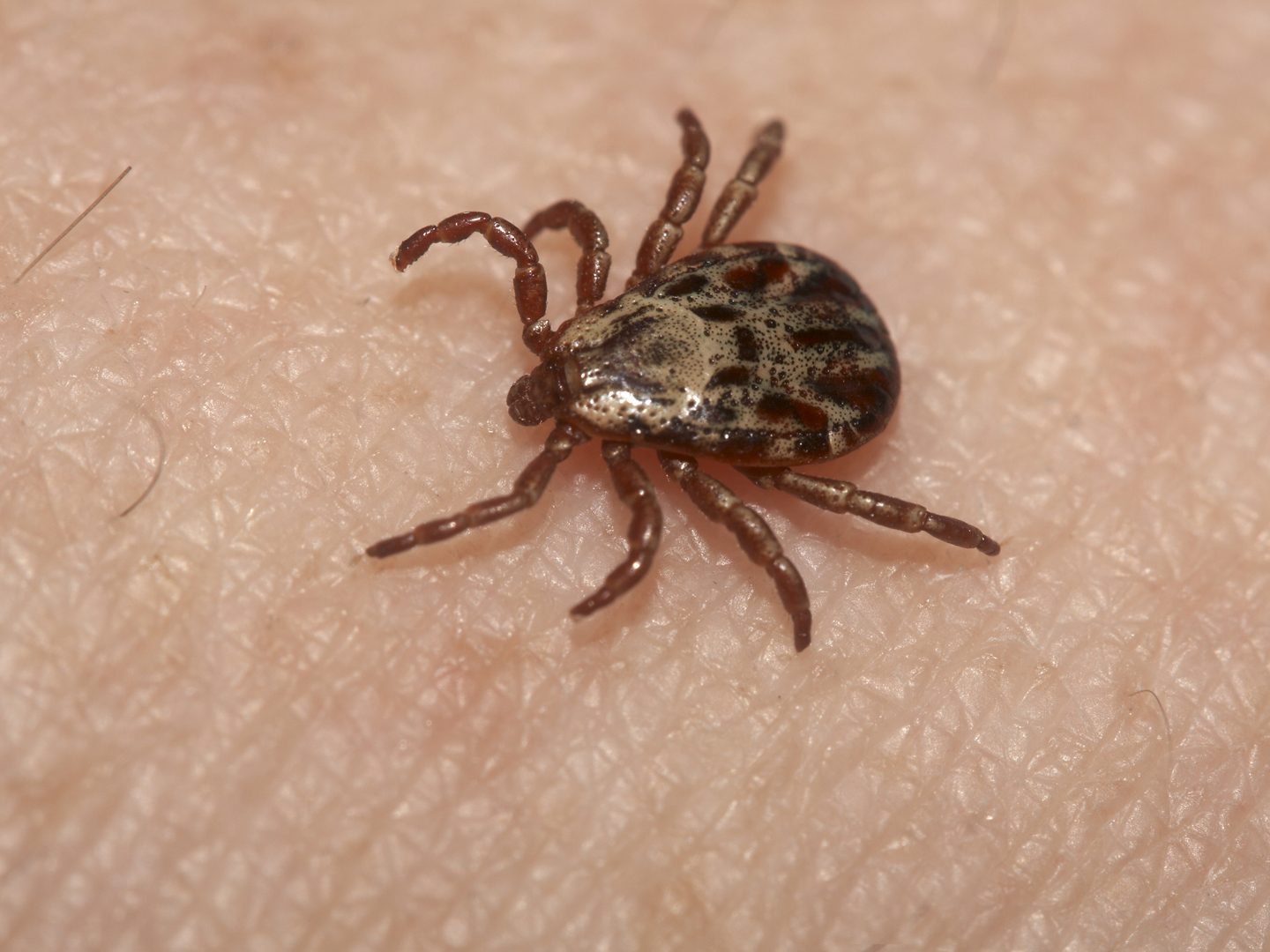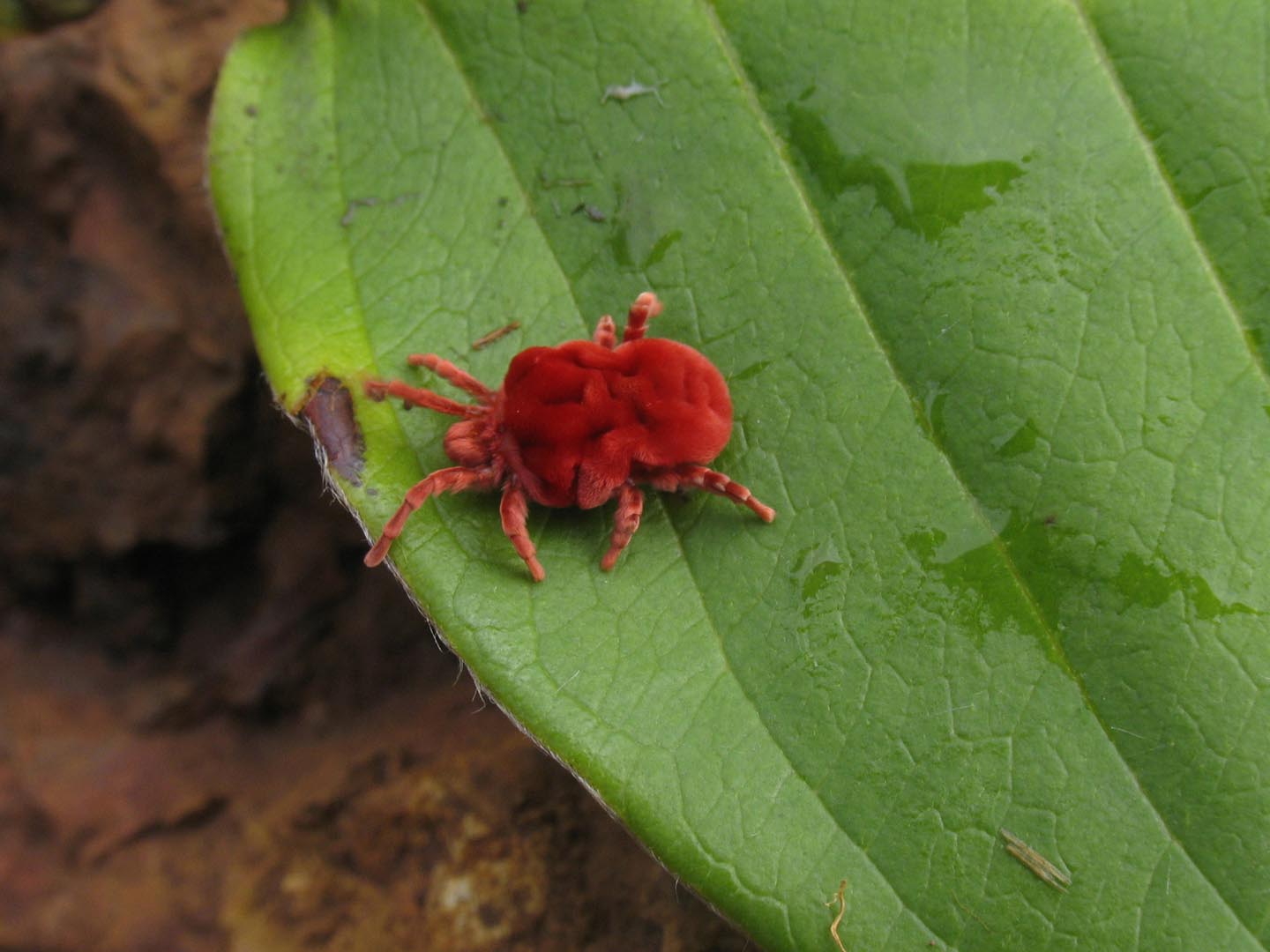Can't Escape Chiggers?
A friend has been battling chiggers and really needs help. Do you have any advice on how to get the upper hand and get rid of them?
Andrew Weil, M.D. | January 6, 2004
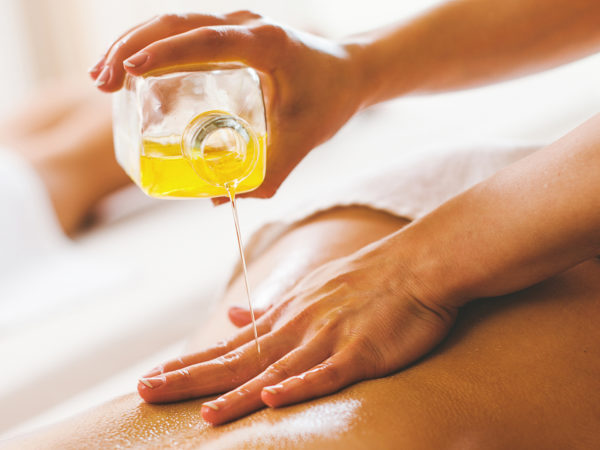
Chiggers cause intense itching and are so small that you can’t see them with the naked eye. You may not even be aware of their presence until you begin to itch or notice the raised, red spots that signal their presence in your skin. The big troublemakers are the chigger larvae that attach to human and animal “hosts” to feed. They don’t suck blood or burrow into skin. Instead, they sink their tiny mouthparts into a skin pore or hair follicle and inject a digestive enzyme that liquefies skin cells. The fluid also hardens the surrounding flesh forming a feeding tube through which the larvae suck the liquefied skin cells. After about four days of feeding, the larvae drop off, leaving behind red welts that can continue to itch for a week or longer. Chiggers don’t cause disease, but if you scratch the welts they can become infected.
Chiggers are most active in the late spring and summer. They’re usually found in grass, weeds, wild berry patches and woodland underbrush in damp, shaded spots. They tend to attach to parts of the body where clothing fits tightly such as around the waistline, under girdles or socks, or in areas where skin is wrinkled or thin such as the ankles, armpits, back of the knees, in front of the elbow or in the groin.
Your best bet in defending against chiggers is prevention. Avoid infested areas if you know where they are. Wear loose-fitting clothing and avoid sitting or reclining on the ground when camping, picnicking or working outdoors. Insect repellents containing Deet are nasty and toxic, but you can use them on your clothes. Geraniol- based products are also effective, but I’m not sure that other natural insect repellents would help much if you’re in a heavily infested areas. If you think you may have been exposed, be sure to launder clothes in hot (125-degree) water as soon as possible after returning home, and shower and soap yourself several times. Bathing in hot water after exposure may dislodge the chiggers themselves but won’t get rid of the itchy pimples that formed where they were feeding. Antihistamines and corticosteroid creams or lotions usually are recommended to relieve the itching, although I would be inclined to try herbal products first, such as tea tree oil or Tamanu Oil.
Andrew Weil, M.D.








